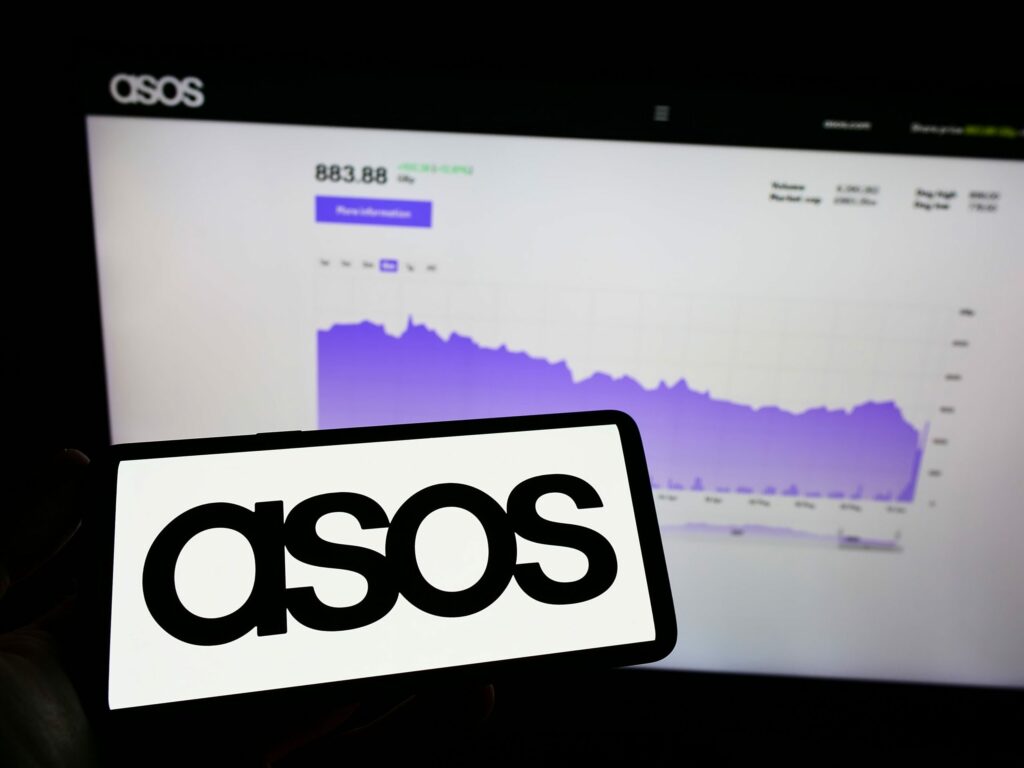The last two years have brought fast and dramatic changes to the way we buy and receive goods.
We are well aware of the disruption Covid-19 has brought on retailers and brands, and there’s already a wealth of research outlining its impact. What hasn’t been examined yet, until now, is the extent to which these changes will endure in 2022 and beyond.
In Metapack’s latest report, prepared in partnership with Retail Economics, we looked at the permanent impact Covid-19 will have on the way people buy and receive goods. Here are some of the most interesting shifts we observed.
The permanent shift online
The pandemic has fundamentally disrupted how we live, work and shop. After multiple lockdowns across the last two years, new online behaviors are now cemented with consumers having overcome barriers like setting up online accounts, providing payment details and gaining trust.
After moving on from the initial stages of the pandemic, the retail industry is facing a new era. Indeed, our research shows that UK retailers will reach an additional £19.6 billion of online home deliveries by 2025.
We estimate that 27.3% of UK consumers now expect to permanently shift more of their shopping online on the back of new behaviours formed since the pandemic.
This new wave of ‘digital shifters’ (a consumer cohort – among others we identified in the report – which is permanently switching to shopping more online) is expected to support an additional £22.4 billion in online sales.
Working from home disrupting retail
Disruption has been driven in a large part by consumers working from home. Nearly a quarter (24.8%) of UK consumers have been working from home more since the pandemic.
And half (50.6%) of them expect to shop more online permanently, compared to around a quarter (27.1%) of those whose place of work has not been impacted from the pandemic.
A consequence of the shift online means that 35.8% of UK consumers expect to visit physical stores less in the future, ahead of those expecting to cut back in the US (28.7%), Germany (20.8%) and France (17.2%).
On the other hand, more consumers working from home has boosted the success rate of first-time deliveries and opened a much larger number of possible delivery slots.
By 2025, UK home workers expect their proportion of online orders delivered to their home to rise by 11.5%, compared to an average of 7.5% among those that haven’t faced change in their work.
READ MORE: Should retailers scale down on formalwear as Brits work from home?
Sustainable delivery: delay, not pay
Of course, Covid-19 is far from the only force reshaping consumer attitudes. Reducing our collective impact on the environment has become a major priority for shoppers around the world, driven in no small part by younger demographics.
While three quarters (74.4%) of online shoppers would consider measures to make deliveries more sustainable, few are willing to pay for it. When thinking about making online deliveries more sustainable, these shoppers are overwhelmingly in favor of accepting longer delivery times (and switching to ‘out of home’ delivery) than paying extra to offset emissions.
France is the only exception however, with 56.6% of online shoppers willing to switch to collection – as opposed to accepting longer delivery times (34.3%) or paying to offset emissions (9.2%).
The research also shows that younger French consumers are twice as willing to pay to offset carbon emissions compared to their seniors. More precisely, 11.0% of 18-24 year old’s would accept higher costs to offset emissions versus just 5.6% of consumers aged 55 or over.
Perceiving how consumer preferences have changed is one thing; understanding how to pivot your own business to cater to them is something else entirely. Metapack’s Ecommerce Delivery Benchmark Report isn’t just about uncovering consumer trends, it’s also about the ways in which top retailers and brands are already responding to embrace change and succeed in 2022.
The ecommerce-first economy we’ve been talking about for so long has finally arrived, and the time to adapt is now.
You can download the full Ecommerce Delivery Benchmark Report 2022 here.
Click here to sign up to Retail Gazette‘s free daily email newsletter


















